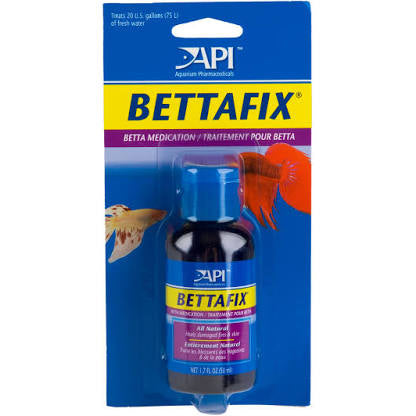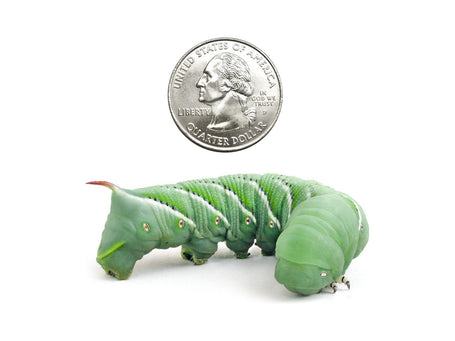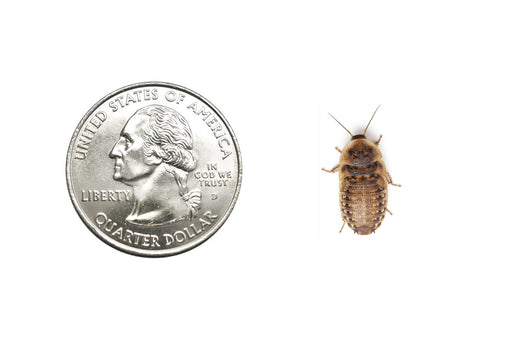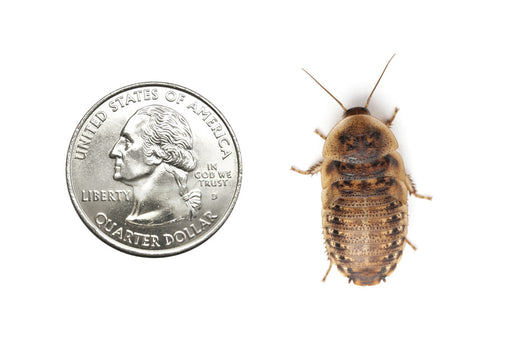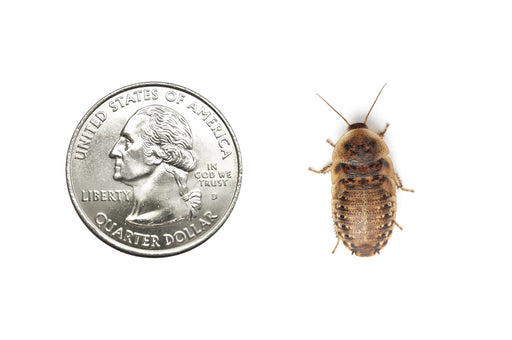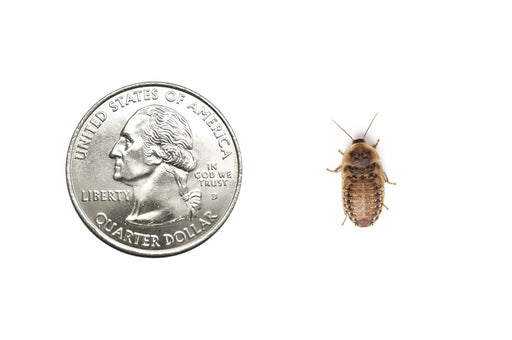Anyone who keeps betta fish should know that there are several conditions that can affect them while they are at home that may require treatment, taking your fish to the vet isn't a usual thing to do but that doesn't mean that they shouldn't be given the chance to heal!
Treat and support the healing of wounds, diseases, and infections with API Bettafix Natural Healing for Betta Fish. This natural antibacterial remedy promotes rapid regrowth of damaged fins and skin. Use it to treat ulcers, mouth fungus, fin and tail rot, or bacterial and fungal diseases like red ulcers, slimy patches, or cottony growths. It can also be used to help heal wounds and tissue damaged by handling, netting, or fighting. Contains healing melaleuca, a variety of tea tree.
Key Benefits- A remarkable natural antibacterial remedy was designed for the treatment of Betta diseases.
- Works to repair damaged fins and promotes fin regrowth.
- Use on wounds, ulcers, mouth fungus, fin, and tail rot and frayed or torn fins.
- Use when you see signs of bacterial or fungal infections.
- Helps to heal wounds and tissue damage.
Dimensions: 3" x 3" x 8"*
*Approx. size
Used to help treat Betta fish for:
- Dropsy and Malawai Bloat
- Bloated appearance due to the accumulation of fluid in the body cavity.
- Scales may appear to stick out from the sides of fish.
- In advanced cases, fish lose the ability to swim and may float upside down.
- Bacterial Hemorrhagic Septicemia
- Fish show blood streaks in the fins and body.
- Bacterial Gill Disease
- Fish will scratch against objects and appear listless. A grayish film may form on the body.
- Rapid breathing in fish may be accompanied by gasping at the surface of the water or the fish sitting on the bottom of the aquarium.
- Gills undergo severe damage, leading to suffocation and death.
- Flukes/Parasitic Worms
- Most parasitic worms are not visible without the aid of a microscope. Fish will scratch against objects and appear listless. A grayish film may form one the body.
- Rapid breathing in fish may be accompanied by gasping at the surface of the water or the fish sitting on the bottom of the aquarium.
- Gills undergo severe damage, leading to suffocation and death.
- Subclinical Parasitic Infestation
- Fish may scratch on objects in the aquarium.
- Slimy skin may develop on fish, and fins may be clamped.
- Labored breathing may be observed.
FAQ
1. How do I use this for a 3-gallon aquarium,
Always follow the stated instructions, however the guidelines that are listed state to Add nine drops per quarter of water. For larger bowls or aquariums, add 1/2 teaspoonful per US gallon of water. Repeat dose daily for up to 7 days, then make a water change, repeat if necessary.
2. Will this product help my betta with swim bladder?
Swim bladder is not listed under the conditions that bettafix can treat.
3. Do I need to switch off my filter during use?
It is recommended to keep the filter on during treatment.
4. What if I miss a dose?
If one dose is missed simply dose as usual on the next dose, do not double dose. However, if more than one day is missed, then you should perform a partial water exchange and start over. This medication is not designed to build in concentrations but dissipate out daily, which is why it should be dosed daily.
If you do not see the answer you need here then feel free to submit your question below and we will get back to you as soon as possible.

